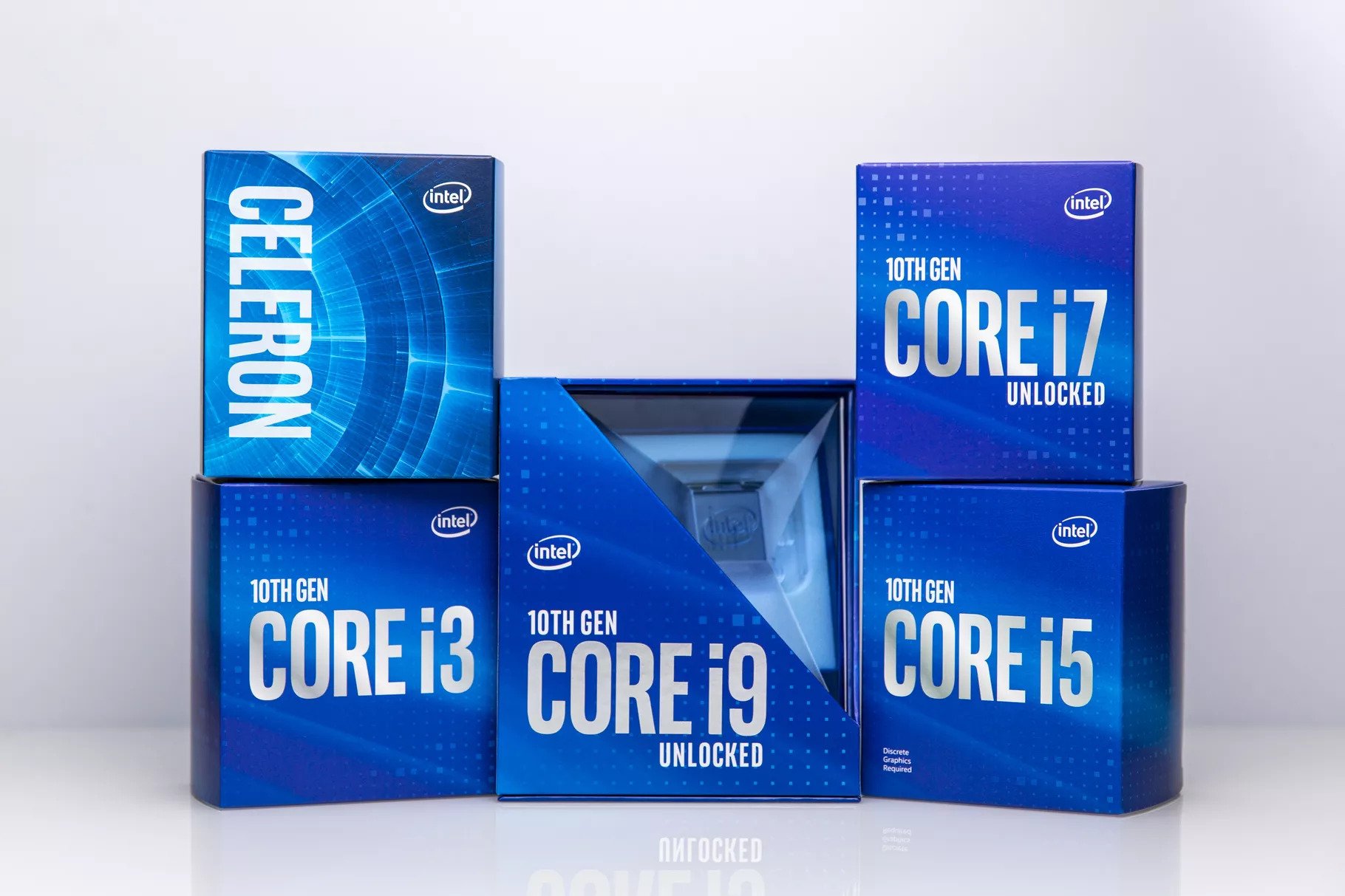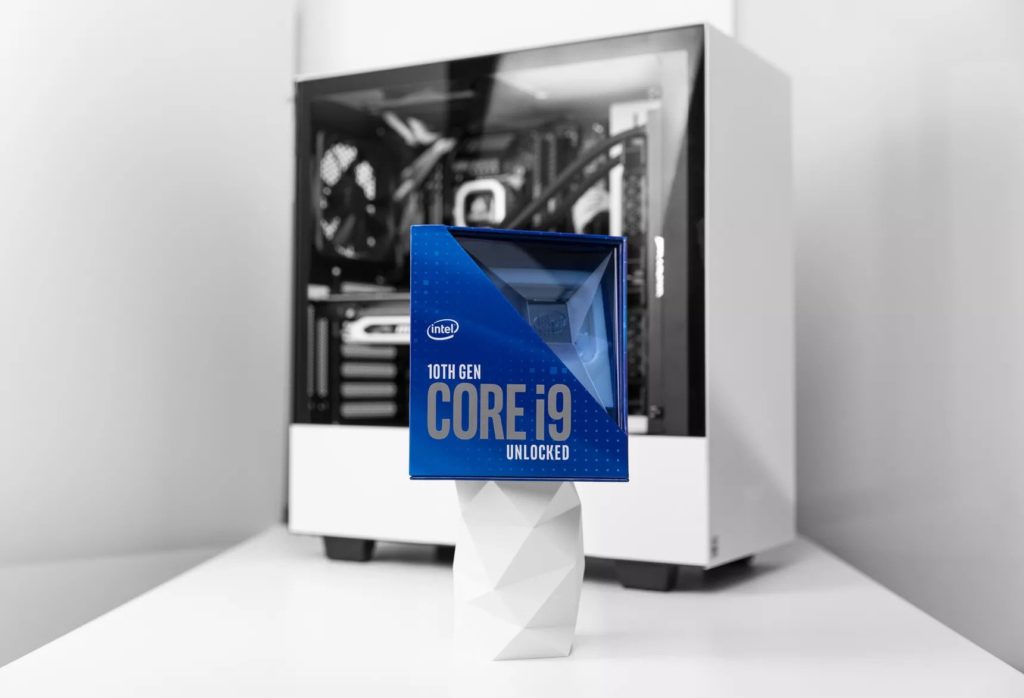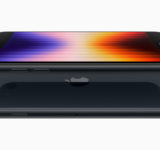Intel has announced its latest 10th Gen Comet Lake-S processors over Core i9, i7, i5, and i3 series for desktops. For the laptops, however, Intel has the shipping nearly done. Onto the range again, the Core i9-10900K takes the lead offering 10 cores, 20 threads, a 125W TDP, enhanced speed up to 5.3GHz. Intel quotes it to be the “fastest gaming processor right now”.
Though being tagged the 10th Gen chips, the new desktop lineup is based on the same old Intel’s 14nm Skylake architecture from 2015. But does this really make a difference? It could, but not much. Intel has still managed to filter out its previous work producing higher core, higher thread count, faster clock speeds as opposed to the 9th Gen series from 2018. Here’s a quick config of 9th Gen lineup: i9-9900K, eight cores, 16 threads, 3.6GHz base frequency, and 5.0GHz boosted clock speed.
Besides i9-10900K, Intel unveils the other two unlocked chips: i7-10700K with eight cores, 16 threads, 3.8GHz base clock speed, 5.1GHz clock speed costing $374 alongside an i5-10600K unlocked chip with six cores, 12 threads, 4.1GHz base clock speed, and 4.8GHz overclock speed.
Intel accredits the Turbo Boost 3.0, Thermal Velocity Boost (released with 10th Gen H-lineup chips, however, constrained to i9 Core chips here) enhancing clock speed, the processor being at 70 degrees Celsius temperature or less with constant power availability.
Plus, the new lineup offers DDR-4 2933 memory, 2.5 max gigabit Ethernet, and a default embedded Wi-Fi 6 support. Sadly Intel is physically altering the socket configuration. Hence, the Comet Lake chips are incompatible with the Coffee Lake motherboards. The whole series has UHD Graphics 630 integrated except the F-lineup models.
On the flip side, Intel is also coming up with a regular 65W 10th Gen chips over the i9, i7, i5, and i3 series and the 35W T-series chips carrying the same core and thread counts but lesser clock speeds and power-requiring build.








